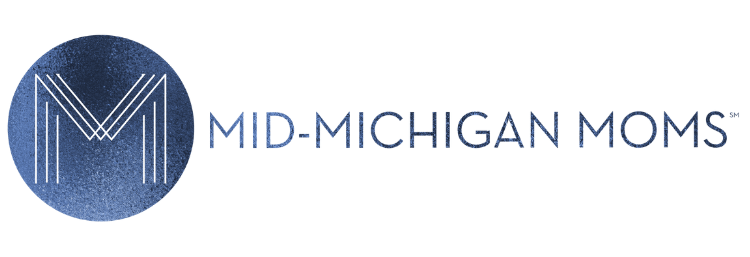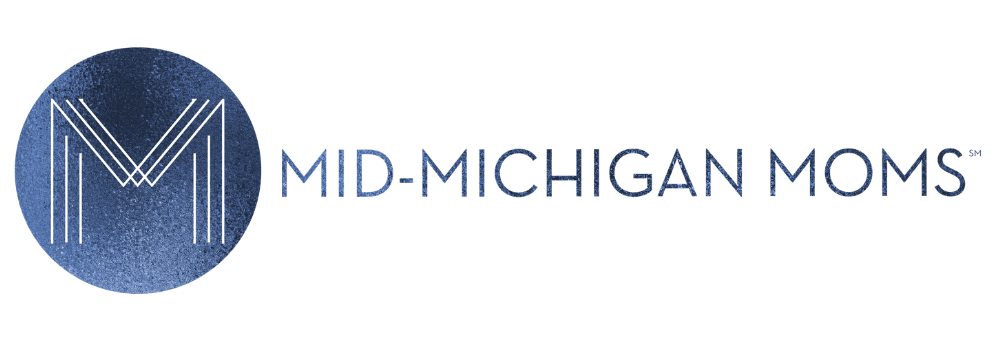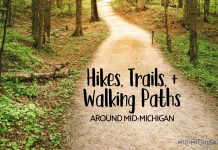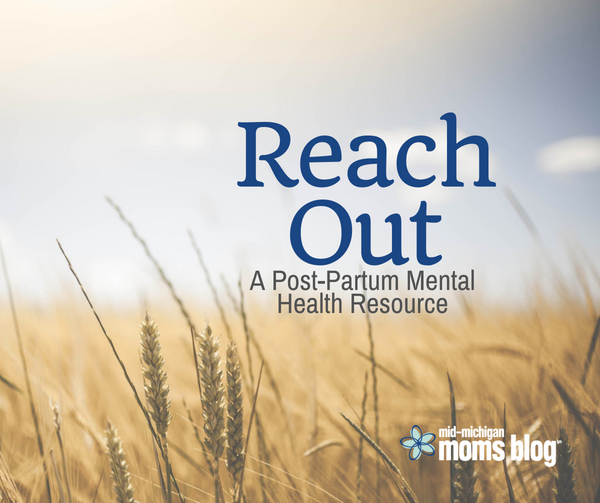I was one of the first people I knew who bought the book 13 Reasons Why. What has now become a Netflix series, shook me to my core with its words and relationships. I felt like I was reading my own story. Except, mine had a very different ending. But, let me back up…
I write about mental health in children and adults. It has become my passion, and why? Because my own life and journey inspire it.
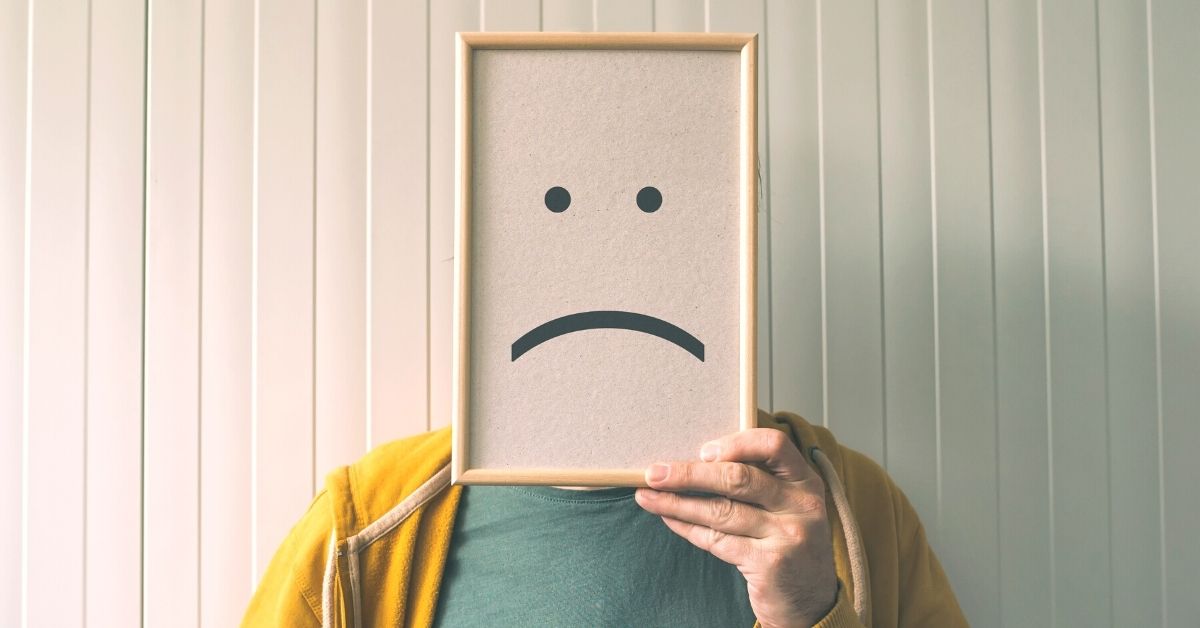 May is Mental Health Awareness Month and as it comes to an end there are a few things I want you to take to heart and keep in mind.
May is Mental Health Awareness Month and as it comes to an end there are a few things I want you to take to heart and keep in mind.
Mental health is not just depression, and it’s also not always hallucinations. The DSM-5, a Diagnostic and Statistical Manual of Mental Disorders, lists nearly 300 different disorders. The way each different mental health disorder affects a human being is not one size fits all. And if you have a mental illness, you’re aware they like to travel in packs. Meaning, it’s reasonably likely you don’t have just one. In my case, I have ADHD, Anxiety, PTSD, as well as Sensory Processing Disorder. It makes me a fascinating human being with a brain that never shuts off.
Why do I tell you this?
Because you need to know.
Because I am average.
To an outsider, I have friends; I have a job. My children are healthy, bathed, and fed. From a stranger’s perspective, you would have no idea that internally, I struggle to get through the day sometimes, much less handle the stress of adulthood with dignity.
Understand that mental health disorders lie to the person they are manipulating.
- They tell them things like they are useless, worthless, and that no one will care if they stick around.
{Depression}
- They say that they are bulletproof, that all their decisions are right and good and no one should dare disagree with them.
{Mania/BiPolar}
- They keep them confused and lost and unsure of themselves, forgetting family and loved ones completely.
{Dementia}
- They can make it so they can’t budget their money, remember to pay their bills, how important it is to shower, or that they need to eat.
{ADHD}
- They can change the image they see of themselves in the mirror. Deceiving their own eyes and seeing something different than what everyone else sees.
{Body Dysmorphic Disorder}
- They can tell them that substances are the most essential thing in their life. That nothing makes them feel as good as using, not even their family.
{Substance Abuse}
- A mental disorder can tell you that you’re in danger all the time. That something terrible could happen even though the likelihood is extremely slim, giving your heart palpitations while grocery shopping, sleeping, or just going to the park.
{Anxiety}
- It can make you relive the worst moments of your life. Even from childhood without anticipation. You could be cowering in a corner unsure of what set you off and feeling embarrassed, but scared.
{PTSD}
- It tells us that we can’t be good parents that our children are better without us. That we don’t love our babies or they don’t love us.
{Postpartum Depression}
Yes, mental illness lies to us. And depending on how we manage it, we can often fall into believing the lies. After all, this is our brain we are talking about here. It’s a hard organ to argue with when it’s the same one that tells your lungs to breath, your heart to beat and your mouth to smile.
Remember when I said I was the first of my friends to read 13 Reasons Why? Shortly after I passed it off to a friend. Suggested he read it. I said, “It reminds me a lot of high school.” He said, “How so?”
“I don’t know. It could’ve been me, I guess.”
In the book, Hannah encounters a lot of typical teenage bullying. Friends betray her. Teachers disappoint her. Boys use her. All these matters might seem like normal high school experiences. Except that Hannah struggles with mental health disorders that make coping with these normal teenage things extremely difficult for her. She takes her own life as a result of everything.
Upon finishing the book, my friend gave me a big hug and said, “I had no idea.” My response?
“No one asked. And I wasn’t going to admit it.”
So here is my suggestion: Check on your friends.
Check on your people. Ask the hard questions, be the one that cares enough to say, “You need to talk to someone.” Be the one that asks if they showered, paid their bills, and flat out ask, “Are you thinking any bad thoughts?” My friends might not have known how bad my mental health was, but they checked on me. They asked how I was doing. My dad witnessed my first panic attack and got me a counselor.
Remind yourself that no one would choose to be self-destructive if they knew they had a choice.
So don’t let May be the end of Mental Health Awareness.
For the rest of the summer, every year, and your life; Check on your friends.
